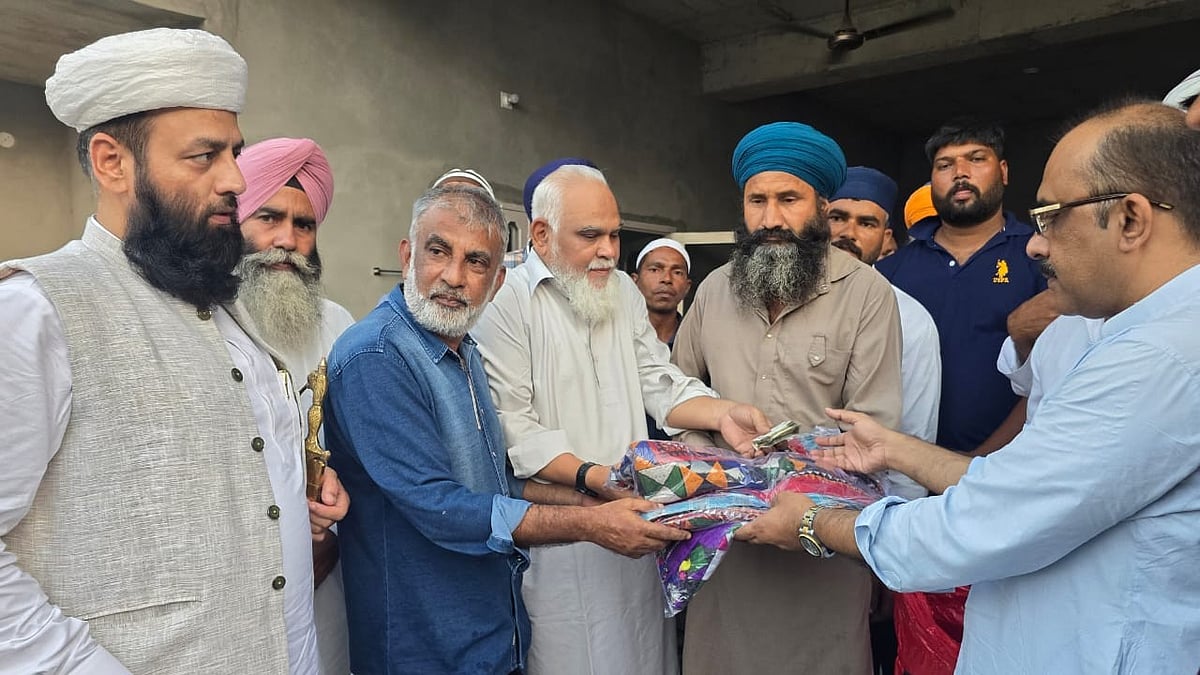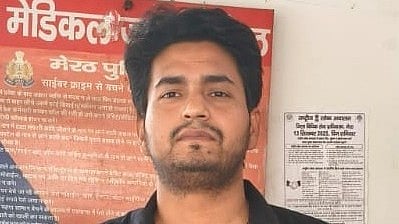One Nation One Election report made by panel headed by former president Ram Nath Kovind has been approved by Cabinet. The approval from the Cabinet is another step in the direction of holding simultaneous polls for Lok Sabha and state assemblies. It is likely that the bill will be introduced during the winter session of Parliament of India.
"The Union Cabinet has accepted the recommendations by the high-level committee on 'One Nation, One Election. Cabinet approved the proposal unanimously," said Union Minister Ashwini Vaishnaw.
"In the first phase, Lok Sabha elections and Assembly elections will be held and in the second phase, local bodies elections (Gram Panchayat, Block, Zila Panchayat) and urban local bodies (municipality and municipal committees or municipal corporations)," the Minister said.
Claims and allegations
Prime Minister Narendra Modi and the Bharatiya Janata Party (BJP) have been advocating one nation one election saying that holding a single election would reduce burden on the nation's treasury. Meanwhile, Congress and several other parties in the Opposition have been opposing such a move saying that letting a single election decide fate of governments at the central and state levels would violate the federal principles of structure of Union of India.
There have also been allegations from the Opposition that rather than the monetary concerns, the BJP was keen to introduce One Nation One Election as it had designs of grabbing power simultaneously in the Centre as well as the states.

In spite of all the opposition, Modi government had constituted the Kovind panel to check feasibility of the One Nation One Election proposal.
The idea is not a new one. It was proposed in 1980s. It was even mentioned in the 1990s.
In May 1999, Law Commission, headed by Justice BP Jeevan Reddy said in its 170th report that “we must go back to the situation where the elections to Lok Sabha and all the Legislative Assemblies are held at once”.







.jpg)

